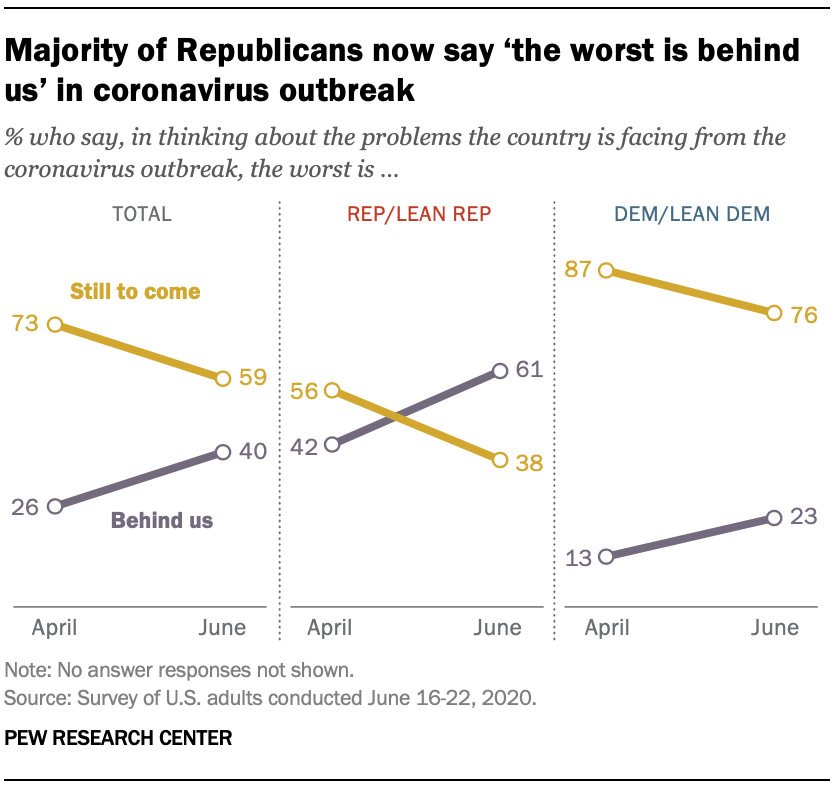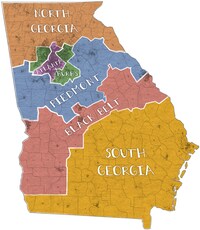GOP targets widening Iowa House edge
Republicans have had the majority in the Iowa House for 10 years, but they don’t plan to rest on their laurels.
In the 2020 election cycle, the GOP is targeting 13 seats held by Democrats including six in districts that U.S. Sen. Joni Ernst, President Donald Trump and Gov. Kim Reynolds carried in 2014, 2016 and 2018, respectively.
Republicans are not being bashful about trying to expand their 53-47 edge in the House. Among the GOP targets is House Minority Leader Todd Prichard, D-Charles City, who is in one of those districts the Republican triumvirate dominated.
On paper, Prichard appears to be an ideal candidate. He’s an Iowa native who serves in the Army Reserves, including deployments to Kuwait, Egypt and Iraq. He has his own law firm, and Prichard and his family are involved in a variety of community activities.
However, Prichard’s Northern Iowa district was carried by Ernst, Trump and Reynolds by 3 points, 19 points and 13 points, respectively. Voter registration is split 5,388 Democrats, 5,379 Republicans and 8,601 others.
Assuming Trump and Ernst put up margins like they did in previous elections, and the winner of Tuesday’s GOP House 52 primary runs a smart campaign, Prichard “will be the best politician in the state based on numbers” if he holds his seat, said Prichard’s former colleague and Republican Party of Iowa House Majority Fund Director Jake Highfill. “If he somehow still wins, then, hey, hats off to them.”
Winning elections isn’t all about numbers, said Prichard, who succeeded another Democrat in a 2013 special election.
“Democrats have recruited fantastic public servants from all over the state this year,” Prichard said. “It appears the Republican Party is focused on partisan numbers and perpetuating partisan politics that the country and state need to leave behind.”
Candidate quality is pretty much an unknown at this point, but banking on voters’ past performance may not be a surefire route to victory, said University of Northern Iowa political scientist Chris Larimer.
“Subnational elections are consumed by presidential politics in presidential election years,” he said, and that includes races such as legislative contests.
If the context surrounding the GOP and Trump is negative due to the handling of the pandemic and the economy, for example, “and voters are looking to write off all Republicans, then it will be a difficult year for the GOP,” he said.
Turnout always is a factor, Larimer said, and if the heavy use of mail-in absentee voting seen in the primary continues in the general election, it could be bad news for Republicans.
As of Friday, 336,529 Iowans already had voted in the Tuesday’s primary compared with a total of 287,919 who cast votes in 2018, according to the Iowa Secretary of State’s office.
There were 186,399 Democrats and 150,130 Republicans who voted early. That’s compared with total turnout of 182,736 Democrats and 105,183 Republicans two years ago.
“If the numbers we are seeing in Iowa on absentee requests for Tuesday’s primary extend to the general election in November, turnout may be even higher, indicating a possible source of strength for the Democratic Party,” Larimer said, noting that “the evidence still is mixed on which party will benefit in such a situation.”
However, he noted that in four of those six districts being targeted by the GOP, the Republican vote margins dropped considerably from 2016 to 2018.
Comments: (319) 398-8375; james.lynch@thegazette.com






